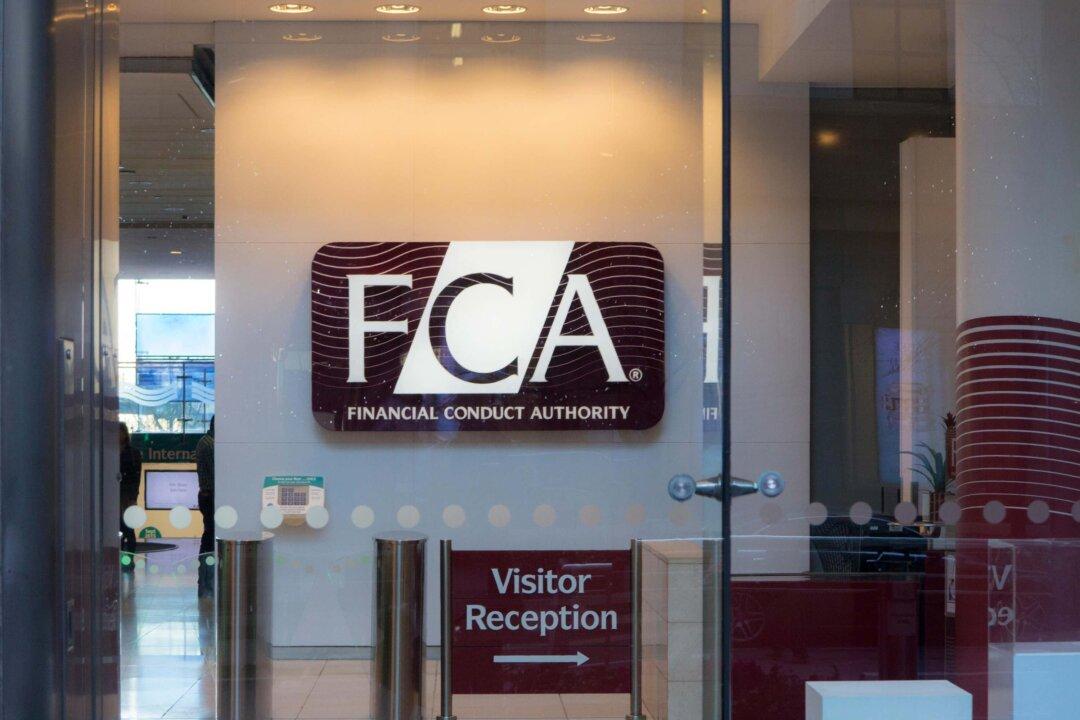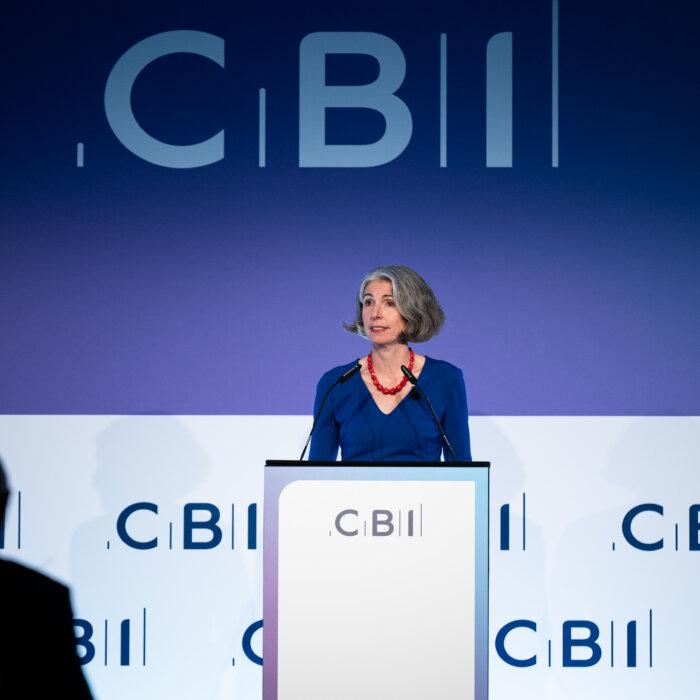The UK’s financial watchdog has been condemned as “incompetent at best” and “dishonest at worst” by a cross-party group of MPs and peers who have called for the body to be overhauled.
The All-Party Parliamentary Group (APPG) on Investment Fraud and Fairer Financial Services, comprising 30 MPs and 14 peers, produced the damning report after examining the Financial Conduct Authority (FCA) over a three-year period.
“The picture painted is not pretty,” the APPG found.
‘Conflicts of Interest’
The evidence gathered suggests that the watchdog, led by Chief Executive Nikhil Rathi, is “not fit for purpose,“ with issues “rooted in the way the organisation is being led, conflicts of interest and the culture that the successive leadership teams have created,” the report found.The FCA’s job is to regulate the conduct of around 42,000 financial businesses in the UK. Consumers with complaints are advised to go to the body if they are unhappy with any financial product or service if the company doesn’t resolve their complaint satisfactorily.
But financial sector whistleblowers said the FCA did not do enough to investigate their allegations or to prevent recurrences of misconduct.
Evidence gathered by the parliamentarians includes testimony from victims of alleged pension and investment scams who say the regulator failed to protect them or to spot “red flags” at fraudulent firms.
‘Tragic Tales’
“Those who challenge a top-down ‘official line’ on any given issue are bullied and discriminated against, or even managed out,” Bob Blackman, the Conservative MP who co-chairs the APPG, wrote in the 358-page report.There have been a number of scandals in recent years where financial firms were accused of mistreating consumers and small businesses, and the FCA has been accused of “doing too little too late - or nothing” to punish those responsible or prevent reccurence, the report said.
Blackman said the group had heard “tragic tales of regulatory failure causing enormous financial and emotional distress.”
The report outlined a number of proposed reforms, including the introduction of a supervisory council to assess the authority’s effectiveness, changes to funding, a “no tolerance” policy for lack of integrity, and changes to the way senior leadership is appointed.
FCA Rejects Findings
A statement from the FCA to the PA news agency said the organisation did not accept the findings of the report.It said: “We sympathise with those who have lost out as a result of wrongdoing in financial services. However, we strongly reject the characterisation of the organisation.
“We have learned from historic issues and transformed as an organisation so we can deliver for consumers, the market and the wider economy.”
The authority, which was esatblished in 2013, has significant powers, including the power to regulate conduct related to the marketing of financial products.
It is able to specify minimum standards and to place requirements on products, intended to protect consumers from practices such as mis-selling.
The FCA has the power to investigate both organisations and individual, and is able to suspend financial products for up to a year while considering an indefinite ban. It has the power to instruct firms to immediately retract or modify promotions which it finds to be misleading and to publish such decisions.
It is within the body’s powers to freeze assets of individuals or organisations under investigation, regardless of whether they are innocent or guilty. The FCA has been responsible for regulating the consumer credit industry since April 1, 2014, taking over the role from the Office of Fair Trading.
In July 2023, the FCA announced reforms intended to curb the use of social media by so-called “finfluencers” to market risky financial products to UK consumers, after a significant rise in the number of people complaining they had been ripped off or mis-sold to in this way.







